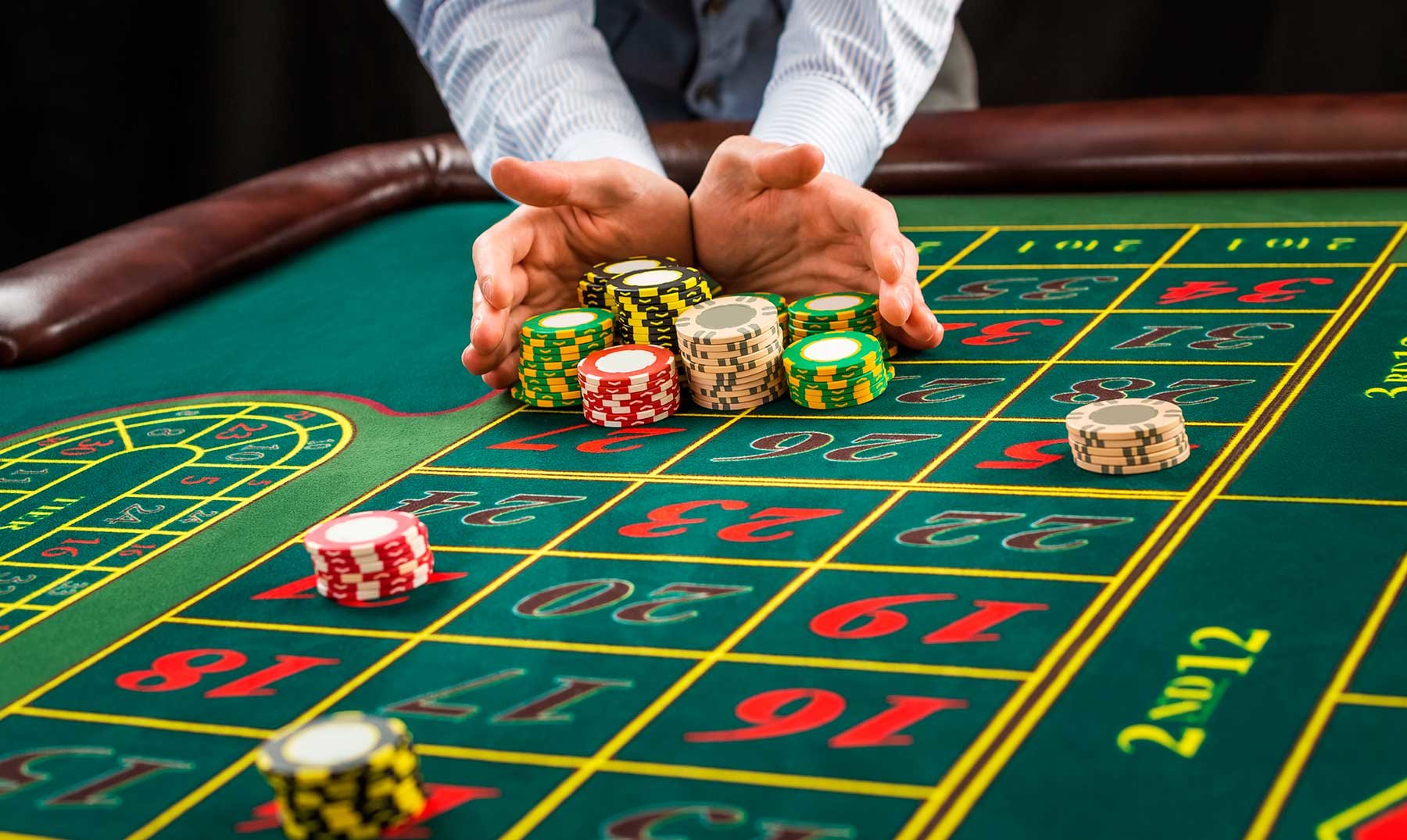Casino activities have enthralled players for ages, luring them into a realm of adventure, fortune, and fortune. From the sparkling lights of slot machines to the intense nature of poker games, these activities offer a distinct combination of fun and hazard. However, below the shiny exterior of this sparkle and finesse lies a sophisticated interplay of calculations that shapes every outcome and action made within the casino.
Grasping this connection between gambling games and numerical principles not just boosts the gambling experience but may also help participants make wise selections. Whether you are a recreational player or a avid enthusiast, recognizing the math concepts at play can give valuable knowledge into likelihood, probabilities, and approaches, ultimately shaping how one deals with these games of chance.
Statistical Probability in Betting
In the world of gambling activities, statistical probability plays a critical role in assessing outcomes and guiding player choices. Every game has a unique set of rules and a particular likelihood model that shapes its mechanics. For example, in games like the roulette wheel, players must understand the chances of landing a specific digit or shade. The likelihood of specific occurrences happening can be assessed, and this knowledge can substantially affect betting tactics.
Players also need to be aware of the house edge, which is the statistical benefit that gambling establishments hold over players in the long term. This edge differs across various activities. In blackjack, expert players can use strategies to lower the casino advantage to as low as one %, while in activities like slots, the casino advantage can be significantly greater. Understanding the house edge allows gamblers to make informed decisions about which activities to participate in and how much to bet.
Additionally, likelihood is fundamental in the principle of danger versus reward in betting. Each wager carries a certain risk level, and players must consider the possible return against that risk. Activities like poker require gamblers to not only assess the odds of their own showing winning but also to evaluate the probabilities of their rivals’ showings. By applying mathematical principles to their gameplay, players can boost their odds of winning and participate more effectively in the exciting world of casino activities.
Expected Worth in Gambling Activities
When discussing casino activities, one of the basic ideas rooted in mathematics is the expected value. This statistical metric assists players understand the possible outcomes of their wagers over time. In basic terms, anticipated worth (EV) calculates the mean amount a gambler can expect to win or lose per bet if they were to play the game many times. Each game has its unique EV, influenced by the probabilities and the casino advantage, which indicates the advantage that the casino holds.
For instance, think of a activity like roulette. The anticipated worth can be derived based on the particular bet placed. If a player bets on a single number, the payout is 35 to 1, but the actual chances of winning that wager are 1 in 37 (in Euro roulette). This leads in a negative expected value, indicating that, on average, gamblers will incur a loss money over a period when playing this kind of wager. Grasping this idea allows players to make more informed decisions about which games and bets may be more favorable.
Additionally, the exploration of anticipated value can lead to improved money management. Gamblers who comprehend the math behind their activities are often able to set realistic goals. By recognizing their possible deficits and gains, they can modify their playing strategies appropriately, which may improve their overall gambling experience. As a result, anticipated worth serves as a critical resource for both beginner and seasoned players to steer through the frequently unpredictable character of casino games.
Strategies and Odds: The Mathematics Behind Success

In gambling games, grasping the probabilities is essential for gamblers seeking to enhance their likelihood of winning. Each contest has its own unique set of chances that establish winning performances, and these figures are often found in the rules of the game guidelines or payout schedules. For case, in games like 21, players can boost their probabilities through methods such as counting cards, which relies on mathematical principles to gain an edge over the house. By educating themselves with the probabilities, players can make more knowledgeable determinations on when to wager and when to quit.
Furthermore, the concept of expected outcome plays a critical function in gaming tactics. RR88 SELECT Expected value assesses the mean outcome of a bet over the long run, allowing players to assess whether a particular bet is justifiable taking. For example, slot machines have a fixed return percentage, which can indicate the average return a participant can look for on their wagers. By choosing activities with better expected values, gamblers can reduce the house advantage, enhancing their possible rewards in the future.
Lastly, successful participants often utilize a blend of luck and mathematical strategy to enhance their gaming experience. While chance is unpredictable, managing a wagering approach based on calculative ideas can lead to more favorable outcomes. By utilizing techniques such as bankroll management and choosing games, gamblers can leverage mathematics to handle the unpredictable nature of gaming, making the most of their efforts and resources at the casino.
